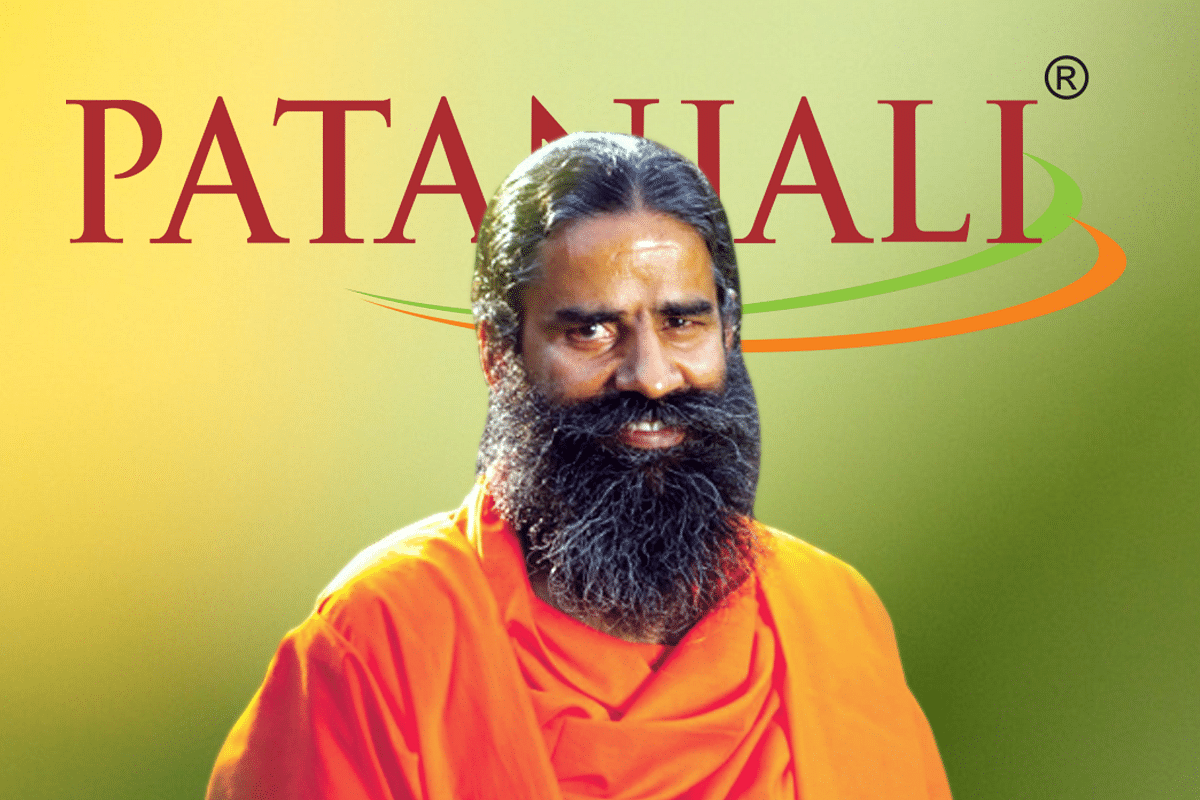Business
On IPO Spree: Patanjali Group Saw The Power Of Public Markets, Now It Wants More
- Patanjali group’s current turnover stands at around Rs 40,000 crore.
- It is expected to reach around Rs 1 lakh crore within the next five to seven years, according to Baba Ramdev.

Baba Ramdev-backed Patanjali Group to launch four IPOs.
Baba Ramdev-backed Patanjali Group recently announced its plans to launch four initial public offerings (IPOs) of its group companies over the next five years.
The four group companies expected to be listed are – Patanjali Ayurved, Patanjali Medicine, Patanjali Wellness and Patanjali Lifestyle. It already has one group company Patanjali Foods, the erstwhile Ruchi Soya, listed on the bourses.
The group’s current turnover stands at around Rs 40,000 crore and is expected to reach around Rs 1 lakh crore within the next five to seven years, according to Baba Ramdev.
So far, Patanjali hasn’t brought any private market investors or strategic investors to fund its growth ambition, despite interest from investors in the past.
How the Public Markets Rescued Patanjali Foods
Unlike recent IPOs, which were skewed towards offer-for-sale transactions, it is likely that Patanjali wishes to tap the public markets to fund its growth ambition.
Only 23 Indian companies have scaled their revenues to the Rs 1 lakh crore mark sustainably, and scaling up would require large investments from Patanjali’s side.
Patanjali had its first tryst with the public markets after it acquired an insolvent Ruchi Soya in 2019. Banks lent a Patanjali group entity money to acquire the insolvent company while taking a 50 per cent haircut on the initial loans made to Ruchi Soya.
The transaction was structured in a manner where the less indebted Ruchi Soya would be able to pay back debt with its own cash flows.
Once the company became financially healthier, it acquired Patanjali Ayurved’s Noodles, breakfast cereals, Biscuits, Cookies and Rusk business on a slump sale basis for Rs 60 crore in June 2021.
In May 2022, they conducted a Follow-on Public Offering and raised Rs 4,300 crore. The huge sum was raised with a combination of financial acumen, and strong marketing efforts by the company.
Ruchi Soya’s shares were being bought by retail investors after the acquisition, and the low float ensured that the stock continued galloping upwards. Hence, the FPO could be conducted at an attractive price – and the money raised was used to pay off banks – allowing the company to become debt-free.
Patanjali’s Growth Plans
Patanjali’s aversion to external private capital and aggressive growth plans has made it dependent on debt to fund its ambitions. The Ruchi Soya acquisition is a case in point – the acquisition amount paid for Ruchi Soya was 151 per cent higher than the net worth of its flagship entity Patanjali Ayurved Limited.
Debt is relatively uncommon in consumer packaged goods (CPG) businesses, partly because expansion plans are slower and limited to the CPG sector. In addition, Patanjali’s tactics appear to have been quite aggressive in order to support its growth.
According to Brickworks, Patanjali Ayurved’s receivables at the end of FY19 stood at Rs 2,638 crore, while its sales during the year stood at Rs 8,552 crore – implying that sales on credit possibly made up 31 per cent of its sales for the year.
In contrast, the same ratio for Hindustan Unilever stood at 4 per cent. Usually, CPG companies have relatively low credit sales, but Patanjali Ayurved’s strategy appeared to be allowing higher credit sales in order to grow quickly.
However, Patanjali has ambitions beyond CPG, and is rapidly expanding its reach in other areas such as wellness, medicine, and lifestyle. Patanjali Wellness, which appears to be next in line for an IPO, will launch 1,000 IPD and OPD centres, which will be scaled to 1 lakh centres over the next ten years.
Even if Patanjali decides to go forward with a franchisee model for the project, the project would still require significant funds. Baba Ramdev has said that the market value of these five companies could reach Rs 5 lakh crore cumulatively.
With the listing of Patanjali Foods, it has already achieved 10 per cent of the target. Patanjali’s ability to turn around operations and market the company to investors has allowed it to conduct the FPO at a healthy valuation. Today, it has institutional investors on its investor list.
On the flip side, Patanjali’s ambitions have sometimes caused it trouble in the past. For instance, in 2018 it faced trouble due to demonetisation and a new GST regime kicking in, resulting in a loss of market share. The problems arose at a time when Patanjali had grown rapidly using debt.
Further, the company’s expectation of rapid growth has allowed it to command a healthy valuation in the markets. From the investors’ perspective, if the company is unable to beat or match expectations, the stock could see a de-rating.
Introducing ElectionsHQ + 50 Ground Reports Project
The 2024 elections might seem easy to guess, but there are some important questions that shouldn't be missed.
Do freebies still sway voters? Do people prioritise infrastructure when voting? How will Punjab vote?
The answers to these questions provide great insights into where we, as a country, are headed in the years to come.
Swarajya is starting a project with an aim to do 50 solid ground stories and a smart commentary service on WhatsApp, a one-of-a-kind. We'd love your support during this election season.
Click below to contribute.
Latest